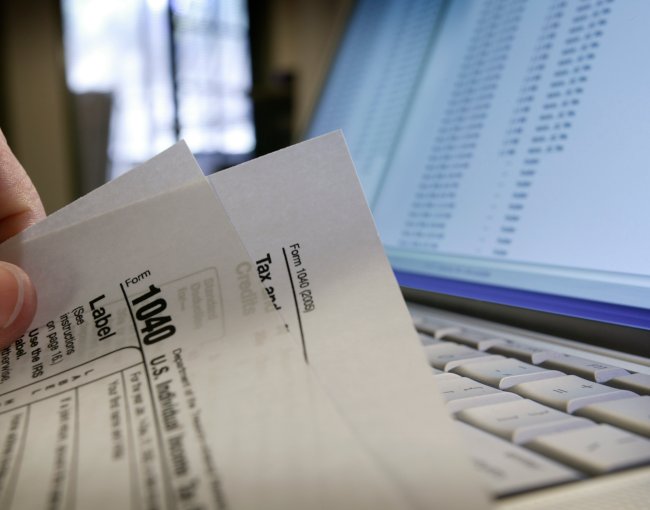The U.S. Treasury Department recently issued Notice 2020-23, which amplifies Notices 2020-17, 2020-18 and 2020-20. As we previously discussed, the U.S. Treasury Department in Notices 2020-17 and 2020-18 provided the following guidance for tax filings and payments.
- 2019 U.S. Federal Income Tax Returns and Payments – U.S. federal income tax returns and the payment of U.S. federal income taxes that would have been otherwise due on April 15, 2020, were extended to July 15, 2020.
- 2020 U.S. Federal First Quarter Estimated Income Tax Payments – 2020 U.S. federal first quarter estimated income tax payments that would have been otherwise due on April 15, 2020, were extended to July 15, 2020.
Clarification of taxpayers entitled to relief
While Notices 2020-17, 2020-18 and 2020-20 were helpful with immediate guidance, a number of questions remained outstanding. Notice 2020-23 provides clarification and additional guidance in a number of areas. In general, Notice 2020-23 provides that the deadline for taxpayers with U.S. federal tax filing or payment obligations due to be performed (originally or pursuant to a valid extension) on or after April 1, 2020, and before July 15, 2020, is automatically extended to July 15, 2020. Specifically, Notice 2020-23 states that the filing and payment obligations with respect to income tax returns and income taxes are eligible for relief are the following:
- Individual income tax payments and return filings (Form 1040, Form 1040-SR, Form 1040-NR, Form 1040-NR-EZ, Form 1040-PR and Form 1040-SS);
- Calendar year or fiscal year corporate income tax payments and return filings (Form 1120, Form 1120-C, Form 1120-F, Form 1120-FSC, Form 1120-H, Form 1120-L, Form 1120-ND, Form 1120-PC, Form 1120-POL, Form 1120-REIT, Form 1120-RIC, Form 1120-S and Form 1120-SF);
- Calendar year or fiscal year partnership return filings (Form 1065);
- Calendar year or fiscal year real estate mortgage investment conduit return filings (Form 1066); and
- Quarterly estimated income tax payments (Form 990-W, Form 1040-ES, Form 1040-ES(NR), Form 1040-ES(PR) and Form 1120-W) and, as a result, the 2020 U.S. federal second quarter estimated income tax payment originally due June 15, 2020, is now due July 15, 2020. Please note that, with respect to the 2020 U.S. federal second quarter estimated income tax payment, Notice 2020-23 is contrary to the FAQs issued by the Internal Revenue Service with respect to Notice 2020-18. The Internal Revenue Service notes that the FAQs are in the process of being revised in light of the additional relief provided in Notice 2020-23.
In addition to the foregoing extensions with respect to income tax returns and income tax payments, Notice 2020-23 also provides some extensions for (i) estates and trusts, (ii) tax-exempt organizations and (iii) certain excise taxes.
Automatically postponed
The due dates for filing and payment obligations for taxpayers eligible for relief are automatically postponed to July 15, 2020, and there is no need for a taxpayer to file any forms or otherwise contact the Internal Revenue Service in order to have their due date postponed to July 15, 2020.
Extension
Taxpayers requiring additional time to file beyond July 15, 2020, may file the appropriate extension, but such extension will not go beyond the original statutory or regulatory extension date. While a taxpayer can obtain an extension to file its tax return, such extension will not extend the time for a taxpayer to pay any applicable tax. For example, while an individual may extend the filing of its U.S. federal income tax return beyond July 15, 2020, such extension will only go to October 15, 2020, and the individual will still be required to pay any tax owed by July 15, 2020.
State income tax deadlines
While most states provided an extension similar to the extension provided by Notice 2020-18, it is unclear whether states will provide updated guidance in response to Notice 2020-23.
Ed Buchholz is a member of Thompson Coburn’s Tax group. David Kaufman is a member of Thompson Coburn’s Corporate & Securities Practice group.
Click here to subscribe to News & Insights from Thompson Coburn related to our practices as well as the latest on COVID-19 issues.

